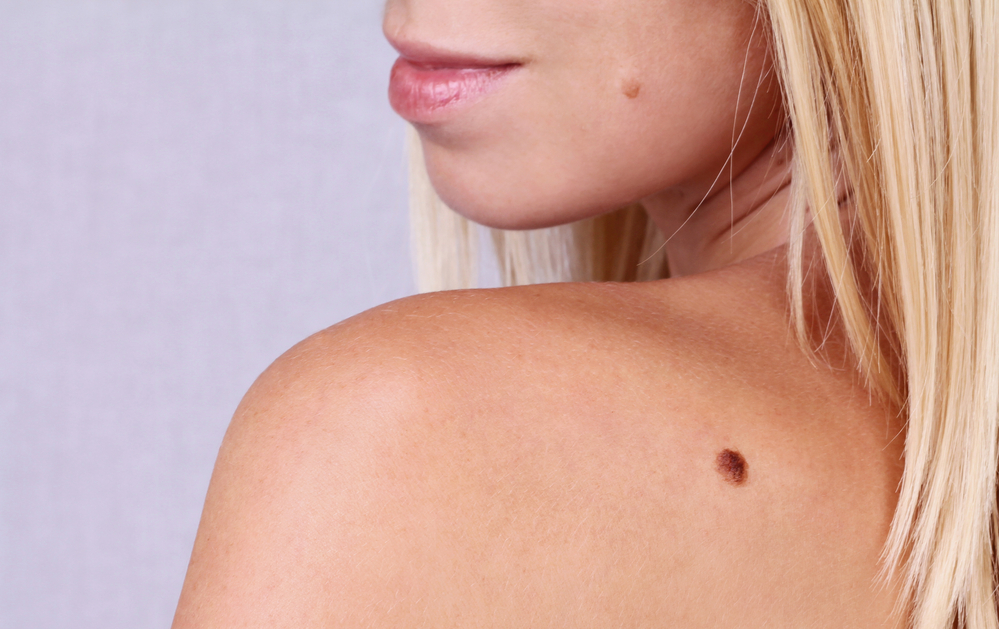
Skin cancer is the most common type of cancer in the country. At Dundee Dermatology in West Dundee, IL, Dr. Tracy Campbell aims to provide her clients with the most effective skin cancer treatments. She specializes in Mohs surgery, a minimally-invasive procedure that yields successful results up to 99% of the time. Today, we’re taking a closer look at this procedure, including how long the recovery process usually takes and what to expect while you’re recovering.
How Long Does It Take To Recover From Mohs Surgery?
Mohs surgery recovery usually takes four to six weeks to complete. How long your recovery will take depends on the size of the wound made while removing your skin cancer and how well you care for your wound while it is healing.
What Can I Expect During My Recovery Process?
During the first week of your recovery process, you need to avoid exerting yourself too much. You should not bend over, and vigorous exercise should be avoided. However, you should only anticipate needing a day or two off from work after your procedure.
How Should I Prepare for My Procedure?
The most important preparation step to take prior to your Mohs surgery is to sit down with Dr. Campbell and discuss your health history during an initial consultation. This consultation is crucial to ensure that this procedure is appropriate for you. It is also essential because Dr. Campbell will advise you on all of the other preparation steps you need to take for your safety.
If you have an artificial joint, diastolic murmur, or systolic murmur, you may need to take an antibiotic prior to surgery. Additionally, you may need to stop taking certain drugs, like NSAIDs, for seven days prior to your procedure. Similarly, you should not consume alcohol or dietary supplements containing vitamin E in advance of your procedure. Also, if the procedure will be performed on your face, do not wear makeup to your appointment.
Will I Need To Fast Before Surgery?
No, you will not need to fast prior to your procedure. Due to the minimally invasive nature of this procedure, only the administration of local anesthesia is required prior to surgery.
What Can I Expect During My Procedure?
It is natural for people to feel anxious about undergoing surgery. However, you do not need to anticipate any pain during your procedure. The local anesthesia administered beforehand will keep the treatment area numb. Removing the first specimen will only take a few minutes. Then, it may take an hour or two to process the tissue. You are free to read or play games on your phone while you are waiting.
Approximately 50% of the time, only one stage is required to complete the procedure. However, if your skin is not free from cancerous cells, more local anesthesia will be administered, and more skin tissue will be removed.
What Types of Skin Cancer Can Be Removed With This Procedure?
Most commonly, this procedure is used to remove basal cell cancer and squamous cell cancer. However, it can also be used to treat other types of skin cancer, like early-stage melanoma and less-common skin cancers. Whether Mohs surgery is a good treatment method for advanced melanoma will be determined during an initial consultation. If you have melanoma that has metastasized, undergoing this procedure alone may not be optimal.
Where Can This Procedure Be Performed?
This procedure can be used to remove skin cancer from anywhere on your body. It is most commonly used to remove skin cancer from the scalp, face, lips, ears, neck, and chest because this is where skin cancer most commonly develops. It is also commonly used to treat women’s legs.
Who Is This Procedure Right for?
Generally, this procedure is considered ideal for people with skin cancer that has returned after a different treatment method, like excision. It is also generally considered ideal for people with a high risk of recurrent skin cancer. Additionally, this procedure is usually the best option for people who need to maintain as much healthy tissue as possible after surgery, like the:
- Eyes
- Ears
- Nose
- Mouth
- Hands
- Feet
- Genitals
Additionally, this procedure is a great option for people with a tumor that has hard-to-define edges. Finally, this procedure is usually a great fit for people with large or quickly growing skin cancer.
What Is the Difference Between This Procedure and Excision?
During excision, the skin cancer and a margin of skin surrounding the cancer are removed. Then, the specimen is processed and interpreted by a pathologist. However, less than 1% of the margins are checked after incision. Mohs surgery involves a much smaller margin, and all of the deep and lateral margins are checked for cancerous cells.
Schedule a Consultation Now
You can generally expect to heal from Mohs surgery in just four to six weeks. To find out if this procedure is right for you, contact us today at Dundee Dermatology in West Dundee, IL to schedule your initial consultation. We are proud to offer compassionate cancer treatment to people in the Elgin, South Elgin, West Dundee, Carpentersville, Algonquin, Lake in the Hills, Huntley, St. Charles, and Geneva areas.